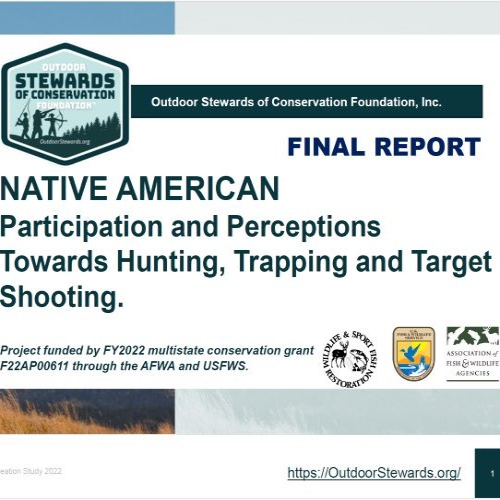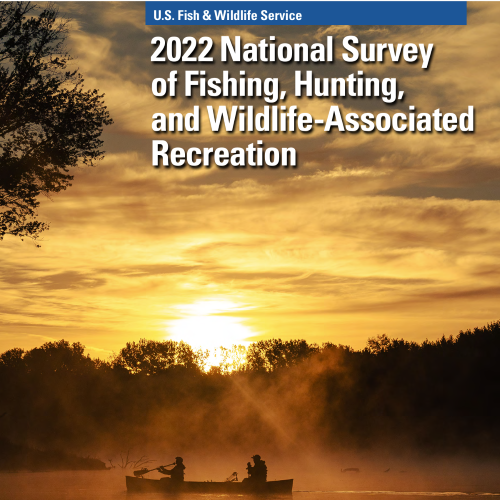Welcome
For over two decades, the Multistate Conservation Grant Program (MSCGP) has been firmly dedicated to preserving our nation’s fish and wildlife populations and conserving natural resources and crucial habitats.
The MSCGP was established through the Wildlife and Sport Fish Restoration Programs Improvement Act of 2000 (Improvement Act), which amended the Pittman-Robertson Wildlife Restoration Act and the Dingell-Johnson Sport Fish Restoration Act. Co-administered by the Association of Fish & Wildlife Agencies (AFWA) and the U.S. Fish and Wildlife Service (USFWS), the MSCGP seeks out the most pressing conservation needs from leading U.S. fish and wildlife biologists, managers, and professionals; then focuses on funding projects that specifically address those needs.
Each year, the MSCGP directs up to $11 million to support projects directly benefiting fish and wildlife conservation and state fish and wildlife agencies, as well as projects that provide a foundation for future management and conservation and for R3 grants that promote a national hunting and shooting sports recruitment program, including related communications and outreach activities.
The information presented in this database is intended only to be general summary information for public view. This information is not intended to be relied upon in circumstances where guaranteed - precise information is required.
News from Grantees
What motivates today’s hunters and target shooters?
For years, marketers and R3 practitioners have referred to the five “stages” or “phases” that hunters evolve through in their lifetimes during the activity. These stages assume all hunters follow a common trajectory, sharing the same motivations at each stage.
Public Perceptions About Southeastern State Fish & Wildlife Agencies
Effective fish and wildlife conservation and management requires full public support. However, roughly half of the general pu
Featured Grants








